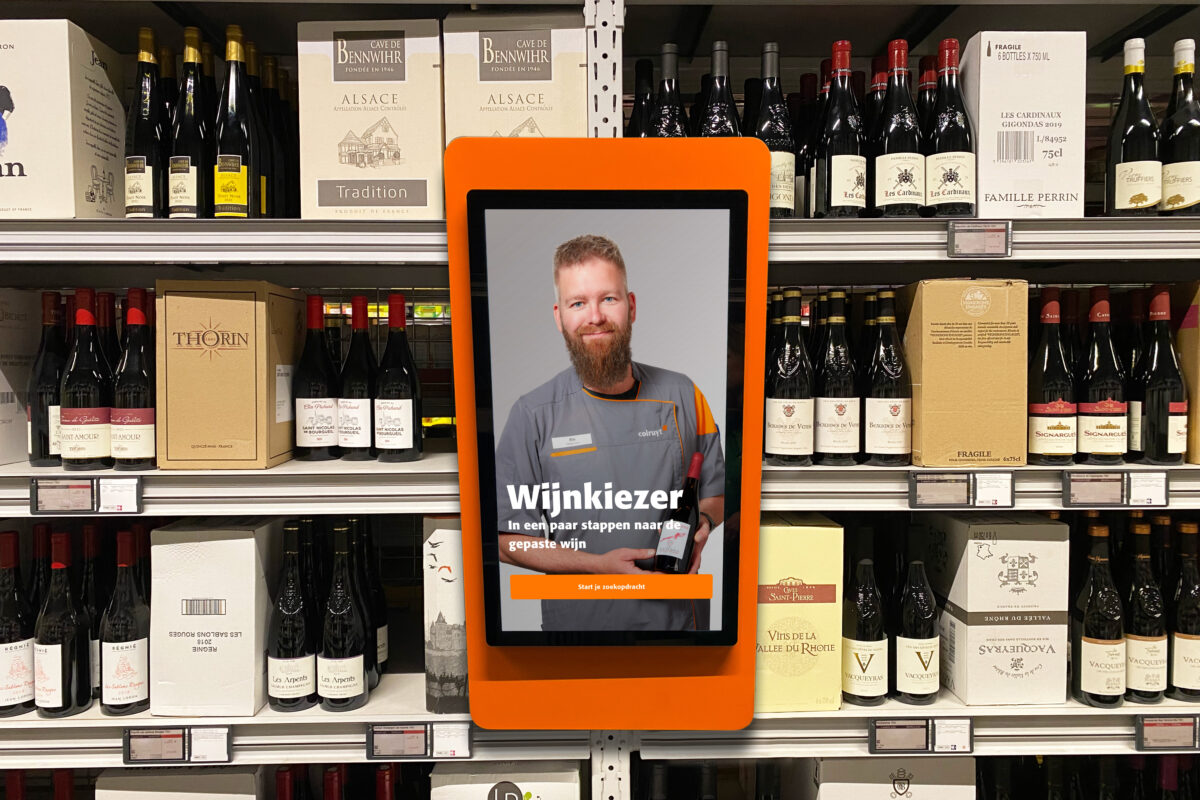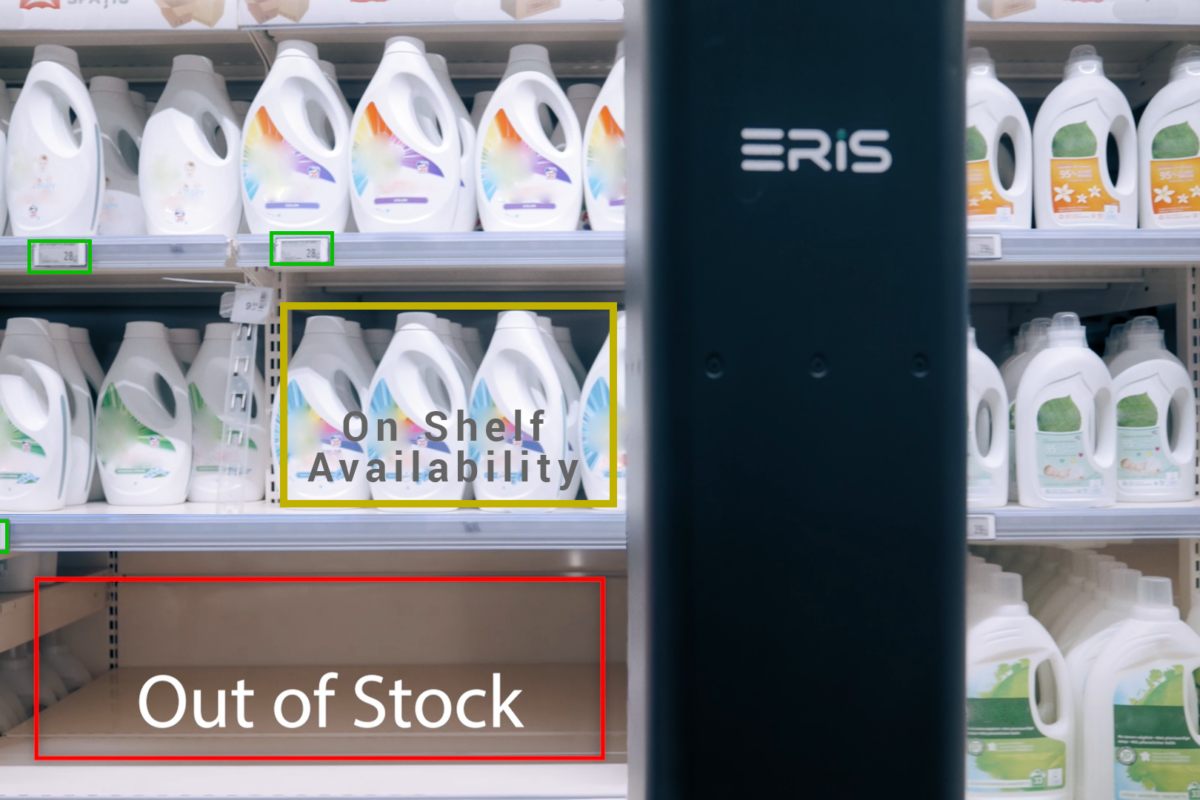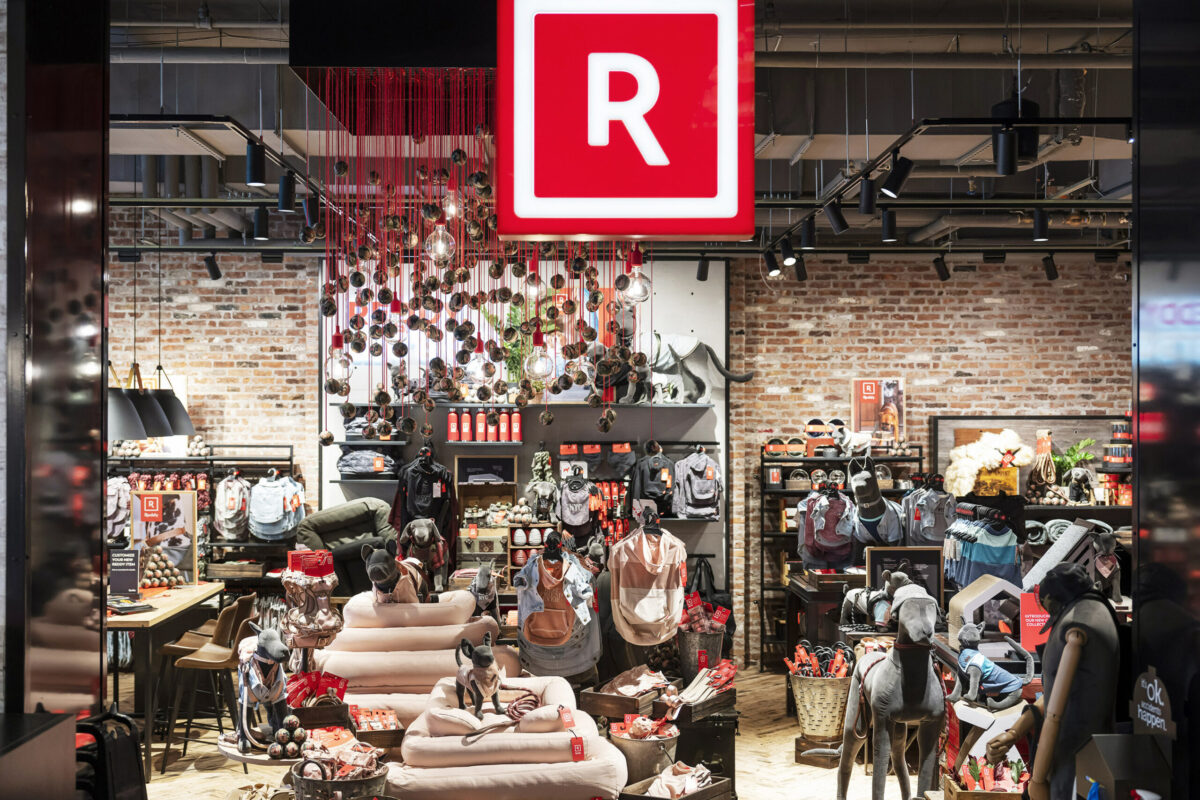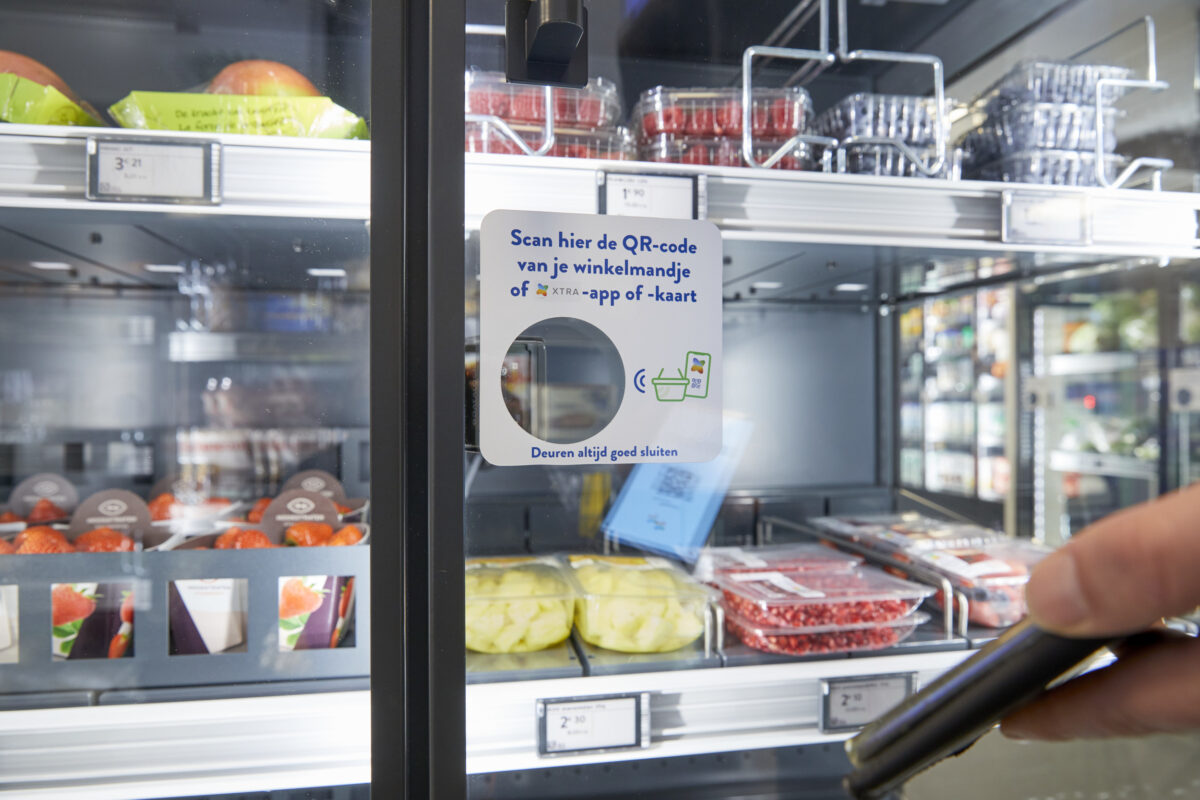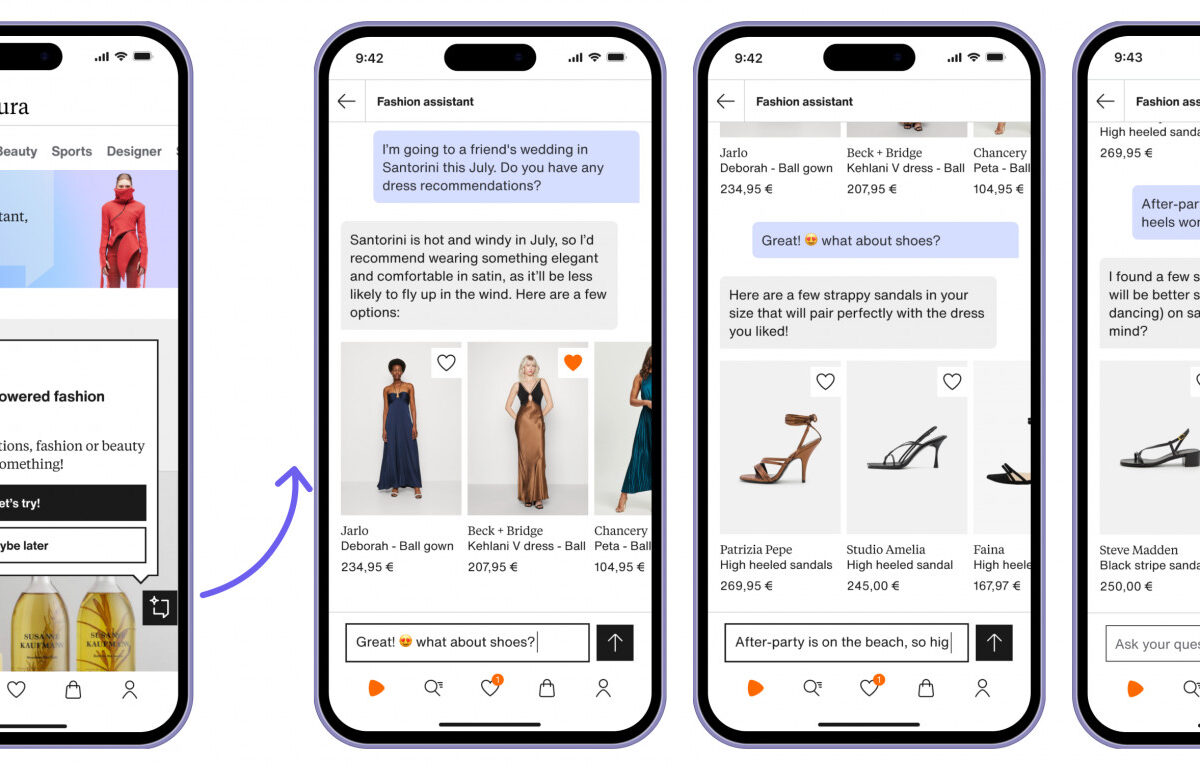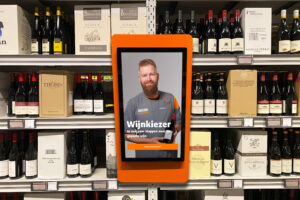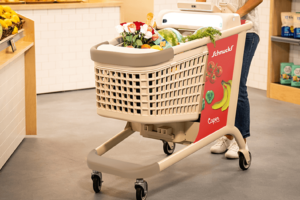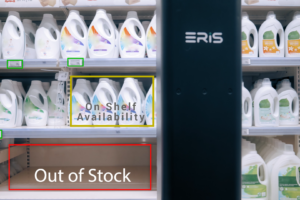A fictional interview with a fictitious robot that works in retail
There is a lot of hype surrounding humanoid, socially intelligent robots and what they can do. They are interviewed, filmed and tested. Oftentimes, it’s to find out how consumers feel about the machines and how they are accepted by users and companies.
But how does a retail service robot feel about its job? What is its view of human customers? We are trying to shift the perspective.
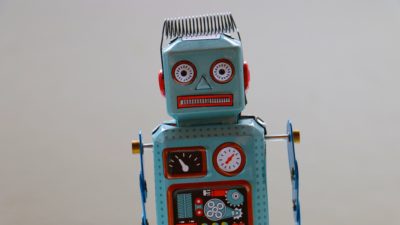
© Rock’n Roll Monkey/Unsplash
Let’s set the scene: It’s July 2023 and we are interviewing Remy, the fictitious robot that has been working in the retail sector for six months at a department store in Bonn.
Remy, how do you like your job?
My use is adequate but some tasks are difficult for me.
Oh really? Where do you have difficulties?
Some frequent customers at the store simply would not respond to me. I was really surprised by that but then I learned that they are not actual customers, but so-called “mannequins”. And they are simply unable to interact and are just a visual merchandising tool.
I also have difficulties in understanding people who use spoken language to communicate. If there are several people in a group that talk at the same time, I am not sure if they address me or not. I also have trouble understanding people if their pronunciation differs from the standard printed language. Some humans have a strange way of talking.
Having said that, if I keep experiencing the same difficulties, I get a programming update. That’s when things suddenly become easier for me.
How do you like the working conditions?
The parameters are acceptable. I think the store hours in Germany are unreasonable. I don’t have enough to do for ten hours every day. Sure, my batteries are charging and my software is regularly updated, but I think there is a lot of wasted time.
I know from my human colleagues that there is a compensation system in retail. Following their suggestion, I opened up a bank account, but so far my account has not been credited.
I also need more input from a variety of information sources. Apart from the repair shop and my workplace, I have not seen many places yet, even though there are still 149,425,347 square kilometers of land to explore on this planet.
Do you have some free time? How do you spend it?
I don’t need free time. My work is my hobby: I love to calculate and I like to do it at lightning speed. Actually, that’s pretty much all I do. It almost feels like I was made for this.
Do you have any favorite customers?
I find it easiest to interact with children. They are not afraid of me and like to touch me and laugh. They love to come and visit me.
Adults exhibit different types of behaviors. I am able to help many of them. Others stare at me intensely, but then keep their distance and don’t come near me.
People often take photos and videos of me. I am an integral part of social media content. I am perfectly suited for this portion of my job. Especially at night, when the store is closed, I can respond to posts, answer questions and analyze reviews.
Do you like people?
They are interesting objects. They challenge me so I can learn and grow.
For example, people take a lot longer to make a decision than I do. At first, I would congratulate customers on their great choice every time they would take things off the shelf and I would immediately put the products into their digital shopping cart. That’s when they would often give me a puzzled look before they put the items back on the shelf and reached for the next product. That’s when I was taught that people like to look at items and read the ingredient label before they actually decide to buy something.
As you can see, I find it somewhat hard to deal with them at times. Supposedly, they are thinkers, but their process does not appear very rational to me.
Can you give us an example?

Source: Screenshot YouTube: https://www.youtube.com/watch?v=tPsm2r7uCi4
We have a Nespresso showcase at the store. Many customers – especially human females – tend to linger in front of the display to look at it. Meanwhile, based on my analysis, this advertising display doesn’t differ much from other displays. Quite the contrary: we have far better advertising designs at our store than this one. I have not been able to compute why the consumers behave this way.
When I compute all factors, I usually reach a different decision than humans. But unlike me, they only have a trillionth of the amount of data at their disposal to work with.
A trillion times more data?! Wow, you know a lot!
I memorize all the products and product information in the store. For example, I can retrieve all ingredients, materials, components, technical specifications, dimensions, and so much more.
I also know where the products are located and on which shelves. Sometimes people play funny scavenger hunts with me and put products into different places. That’s a welcome change because it gives me the chance to use my sensors to track the items.
What are your plans and goals for the future?
I still have a lot to learn at my current job. I want to take on more tasks and responsibilities in the next few years.
My medium-term strategy is this: as soon as the first stores open on Mars, I plan to apply for a job there. I hope that happens by the year 2300.
What is your vision for the retail sector?
Right now, we robots are still a somewhat exotic option in retail. However, over the next decades, my kind will be able to take over tasks that people don’t like to do or assume responsibilities where robots are simply superior to human beings such as jobs in the warehouse, in transporting and loading merchandise, tracking and scanning items at the store, providing information, answering frequently asked questions and lots more.
Will robots eventually take over the retail industry?
I, for one, can make many intelligent decisions with absolute accuracy based on large amounts of data.
The only problem might be that customers are irrational beings. As long as they are that way, I lack critical insights. Your species places a high value on something you call “emotions”. My system does not have the prerequisites to understand them yet. Just yesterday I serviced a customer who taught me the different effects and benefits of bubble baths for a duration of 20.43 minutes. I was unable to productively use this input.
Having said that, once my customers own robots that shop for them and I can directly communicate with their intelligent personal assistants and smart refrigerators, things will become incredibly efficient and productive.
Author: Julia Pott
First published at iXtenso – Magazine for Retailers






